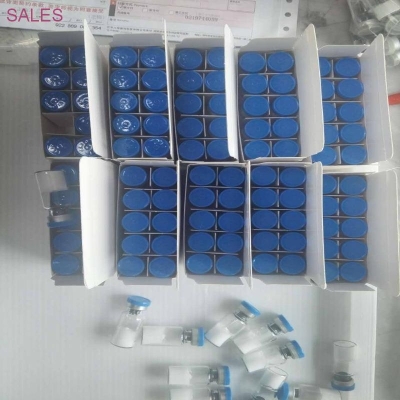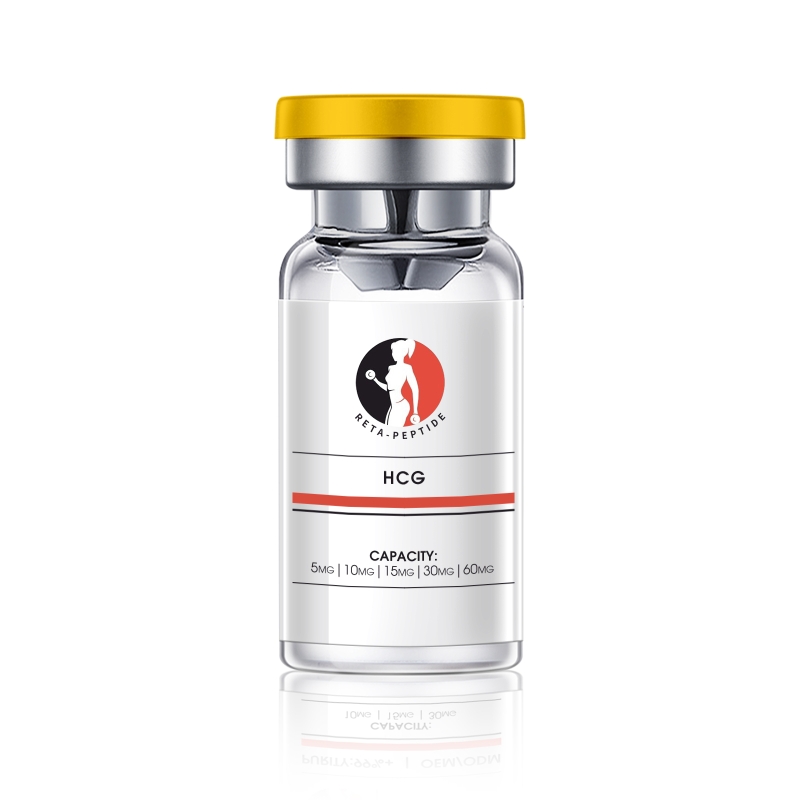-
Categories
-
Pharmaceutical Intermediates
-
Active Pharmaceutical Ingredients
-
Food Additives
- Industrial Coatings
- Agrochemicals
- Dyes and Pigments
- Surfactant
- Flavors and Fragrances
- Chemical Reagents
- Catalyst and Auxiliary
- Natural Products
- Inorganic Chemistry
-
Organic Chemistry
-
Biochemical Engineering
- Analytical Chemistry
-
Cosmetic Ingredient
- Water Treatment Chemical
-
Pharmaceutical Intermediates
Promotion
ECHEMI Mall
Wholesale
Weekly Price
Exhibition
News
-
Trade Service
The chemical industry is a vast and complex field that involves the production and use of a wide range of chemical compounds.
Among the many different compounds that are produced and used in the chemical industry is a class known as organic acids.
These acids are used in a variety of applications, including in the production of plastics, pharmaceuticals, and other chemical products.
One particular organic acid that has gained attention in recent years is 3-phenyl-2-propen-1-yl 3-oxobutanoate.
3-phenyl-2-propen-1-yl 3-oxobutanoate, also known as 2-[(3-phenyl-2-propen-1-yl)oxy]-4,4-dimethyl-2,5-cyclopentyl-1-oxo-3-yl 3-oxobutanoate, is a versatile compound that has a wide range of potential uses in the chemical industry.
This compound is a derivative of the naturally-occurring compound geranial, which is found in a variety of plant species and is known for its pleasant, citrusy odor.
Geranial is commonly used in the perfume and fragrance industry, and it is also commonly used as a flavoring agent in food products.
One of the primary uses of 3-phenyl-2-propen-1-yl 3-oxobutanoate is as a starting material in the production of other chemical compounds.
This compound can be converted into a variety of other compounds through a series of chemical reactions, making it a useful building block for the production of other chemical products.
For example, 3-phenyl-2-propen-1-yl 3-oxobutanoate can be converted into other organic acids, such as citric acid and levulinic acid, through a series of chemical reactions.
These acids are used in a variety of applications, including in the production of plastics, pharmaceuticals, and other chemical products.
In addition to its use as a starting material in the production of other chemicals, 3-phenyl-2-propen-1-yl 3-oxobutanoate has potential uses in a variety of other applications.
For example, this compound has shown promise as a bio-based building block for the production of polyurethanes, which are a type of plastic that is used in a variety of applications, including in the production of foams, coatings, and adhesives.
The use of bio-based building blocks in the production of plastics is becoming increasingly popular, as it can help to reduce the environmental impact of the plastics industry.
Another potential use for 3-phenyl-2-propen-1-yl 3-oxobutanoate is in the production of biodiesel.
Biodiesel is a type of fuel made from renewable resources, such as plant oils and animal fats, and it is increasingly being used as an alternative to traditional fossil fuels.
The use of biodiesel can help to reduce greenhouse gas emissions and dependence on fossil fuels, making it a promising alternative energy source.
3-phenyl-2-propen-1-yl 3-oxobutanoate could be used as a building block in the production of biodiesel, as it can be converted into fatty acids, which are a key component of biodiesel.
Despite the many potential uses of 3-phenyl-2-propen-1-yl 3-oxobutanoate, there are also some potential challenges associated with its use.
For example, the production and use of this compound could potentially have negative environmental impacts, as it may involve the use of chemicals and other resources that could have a negative impact on the environment.
In addition, the use of this compound in the production of chemical products and fuels may require significant investment in infrastructure and







